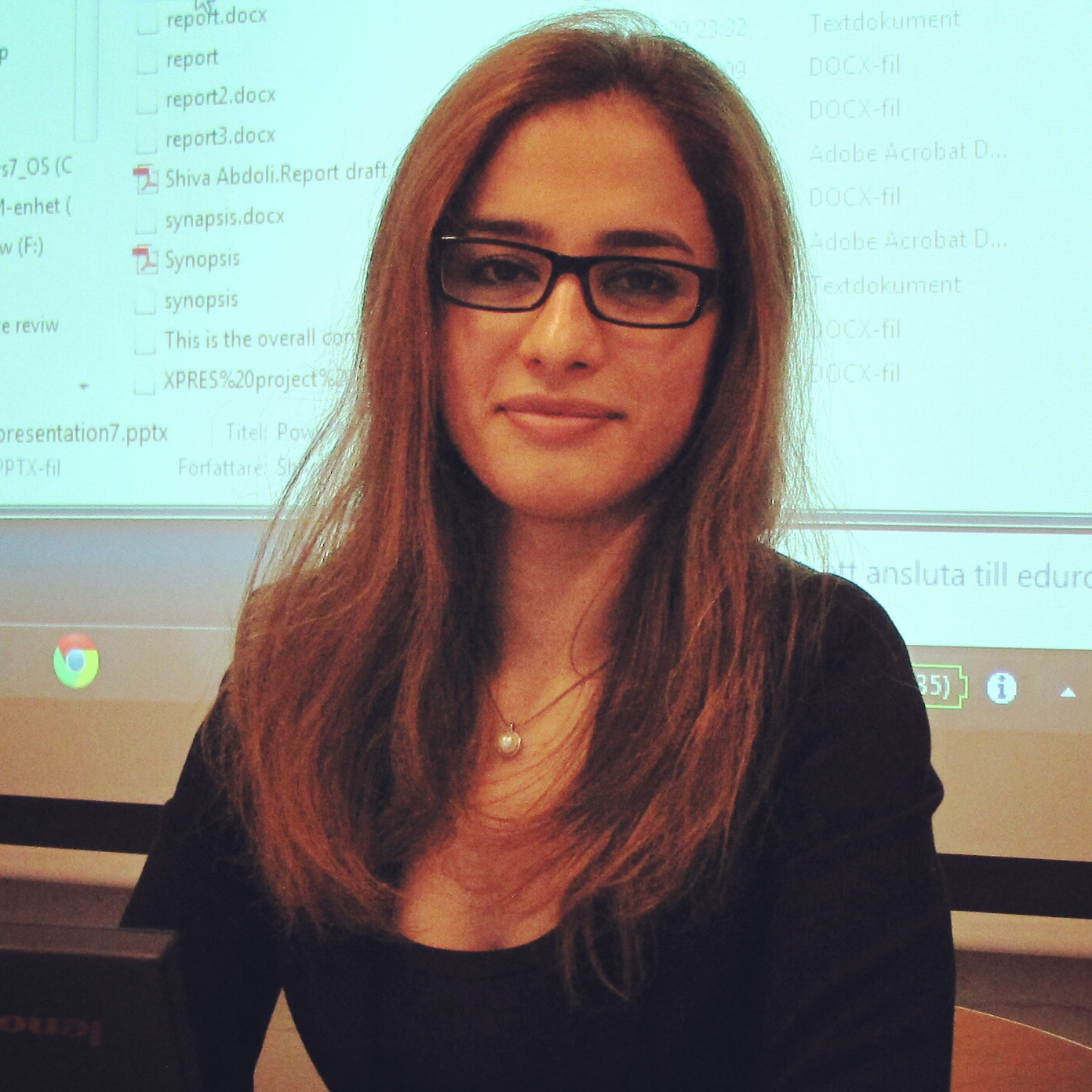
Shiva Abdoli
PhD Candidate
School of Mechanical & Manufacturing Engineering
UNSW Sydney
Shiva Abdoli received her BSc in Industrial Engineering from the Iran University of Science and Technology in 2006. She received her first master's in Socio-Economic Systems Engineering from the Sharif University of Technology in 2010, and her second master's in Production Engineering and Management from the Royal Institute of Technology (KTH), Stockholm, Sweden in 2013. Currently, she is completing her PhD in the area of complex system design at the University of New South Wales, Australia since 2014. Shiva has been awarded the prestigious "Women in Engineering Research Top Up Scholarship" further to her earlier awards, the Australian Postgraduate Award and Engineering Research Award in 2014. Between 2007 and 2010, she was a senior project coordinator in Tosan, a leading company providing banking software solutions. Between 2013 and 2014, she was a researcher at KTH.
A Modelling Framework to Support Design of Engineering Systems in Early Design Stages
Production, assembly or logistic systems exist in many domains. More than 50% of life cycle performance, costs and environmental impacts of such systems are due to those decisions that are made in the early design stages of these systems. The large scale, multi-disciplinary, and dynamic essence of such systems make their design considerably challenging. Hence, mostly sequential design approaches are followed, which the design in each lower level is finalized before proceeding to the next level and designers from different disciplines design these systems in silos, which this may lead to inconsistencies in later stages or missing a good design solution. This research aims to propose a modelling framework that allows having an integrated approach in the early design stages of such systems. The proposed framework incorporates certain modelling approaches to conceptually capture the complex structure of such systems due to their multi-disciplinary and large scale essence. The proposed framework embodies such a conceptual structure in a modelling formalism that results in an executable artefact that can also capture the dynamic nature of such systems by means of simulation. The framework integrates the resultant executable artefact with optimization models and supporting algorithms, which jointly allow an integrated design. The framework allows generating and simulating different design alternatives in one model and consequently observing the impact of different design decisions on system integrated performance as a result of dynamic interactions in the system. The systematic interconnection between the framework artefacts allows proper data exchange between them assuring data consistency across the framework. The framework also incorporates the expert’s opinion into a fuzzy assessment framework to realize multi-aspect design assessment. Therefore, the framework can be used as a decision supporting framework to support the design in the early design stages of such systems.